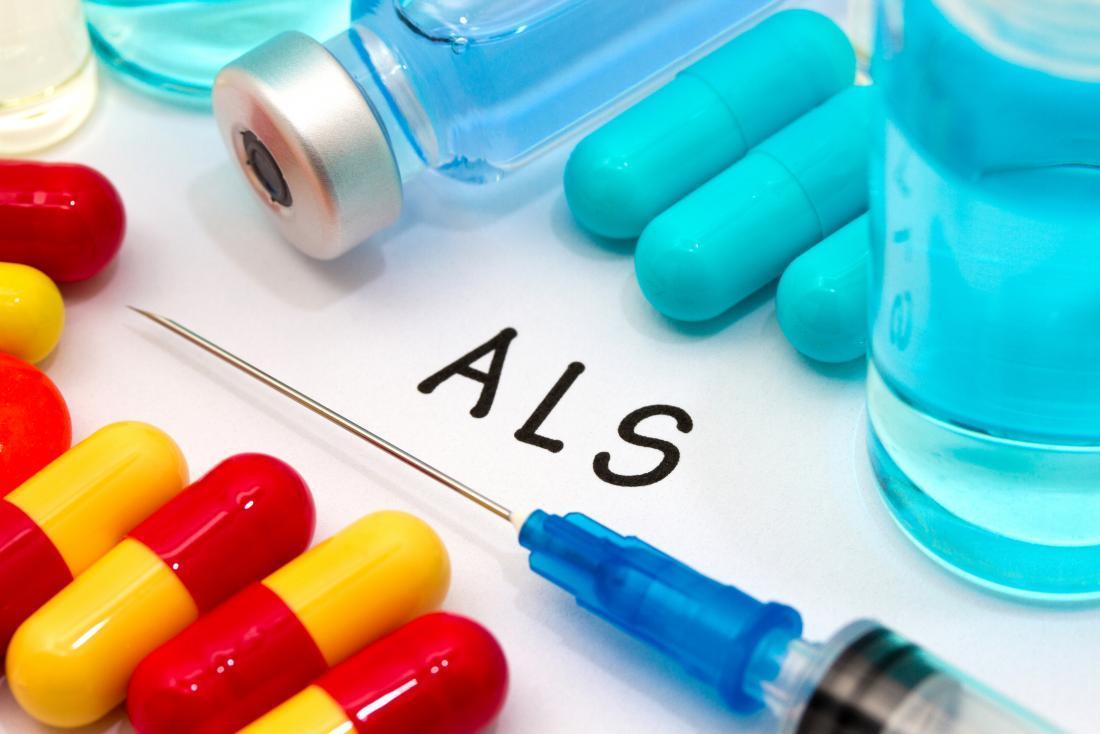Living with a disease is gruelling, traumatising and more often than not, fatal. People who fight through their terminal diseases and severe health impairments to live another day know what it is to live in the fear of succumbing to their conditions. But they rise above their condition and how. There is always hope as long as one is alive, and people with terminal or severe illnesses prove this every day with their indomitable spirits and zest for living. The disease that we have decided to focus on in this article is ALS or Amyotrophic Lateral Sclerosis, which is a type of a Motor Neuron Disease (MND). In this condition, the patient loses his/her control over the nerves over a period of time and could also be fatal in a few cases since, in the advanced stages, the nerves that control breathing are also severely compromised.
However, it is inane to believe that patients suffering from Amyotrophic Lateral Sclerosis do not have any prospects in life. They are not merely reduced to vegetables if that is what you have been thinking so far. The idea of the article is to provide you with an insight into the disease, create awareness and reaffirm your hope that all is not over. With the right treatment, exercise and medication, patients can live a long and wholesome life.
Key Facts on ALS:
Before we delve into the symptoms and treatment of the disease, we have gathered a few things about the disease that you might want to learn. ALS is a progressive neurological disease that destroys the motor neurons of an individual and affects his/her movement and breathing capacity over time, leading to paralysis, breathing problems and even death in the advanced stages. But it is possible to slow down the damage and provide the patient with the prospect of a long life. However, in most of the cases, when left untreated or delayed, the disease could claim lives within three to four years from when the symptoms first show up. No specific reason for the disease could be found so far, but researchers are still trying to find the root cause of the disease to devise a proper treatment or find the cure. ALS treatment and therapy varies for every patient since a universal treatment could not be devised so far.
Causes of the Disease:
Like we already mentioned, no particular cause could be attributed to the disease so far. However, there have been arguments that claim that environmental factors, an unhealthy lifestyle or a sudden chemical imbalance in the body could lead to the condition to rear its ugly head. Plus, another possible cause for the disease could be the genetic factor. If any one family member happened to suffer from the disease, the gene could have been carried on to the next generations. Determining the exact reason for the disease is quite a grey area which is why all one can do is be aware of the condition and seek medical help as soon as they spot the symptoms.
Symptoms of ALS:
In order for your treatment to begin as early as possible, it is important that you spot the symptoms soon and take action. Early symptoms of the disease include difficultly in walking, speaking, swallowing, cramps, dizziness, pain in muscles and breathing problems in the advanced stages. However, symptoms might also vary from one person to the other. Therefore, it is better to keep an eye out for the updates on the condition and follow it up with more research and then seek immediate medical help. Treating the condition can become increasingly difficult at the advanced stages; therefore, it is important that you take matters in your hand as soon as the first signs show up.
Treatment of ALS:
The cure for the diseases is yet to be found, and therefore, no specific treatment can treat the patient to recovery. However, the symptoms of the disease can be alleviated, and complications arising out of the condition can be avoided if proper caution is taken. Besides providing physical comfort to patients, it is essential that medical health professionals extend emotional support too. Battling this condition is a traumatising experience, and patients require mental and moral support more than anything else.
Hope is What Keeps Us Alive:
It is important to remember that hope is the only thing that keeps people moving forward in the face of all odds and adversity. Stephen Hawking suffered from a similar Motor Neuron Disease and was told that he would not make it long enough.
But, the wise physicist went on to live a full life, chase his dreams and provide answers to the mysteries of the universe. Therefore, the takeaway of this article should be that no matter how hard life might seem on the surface, keep your faith in the fact that everything shall work out in the end.








